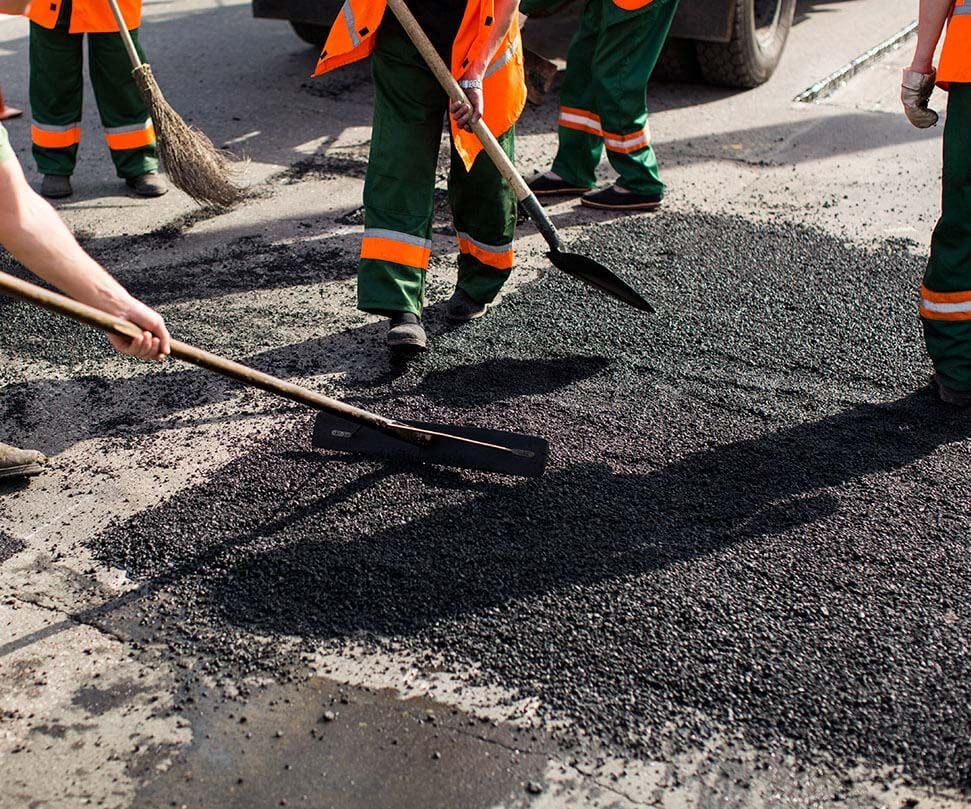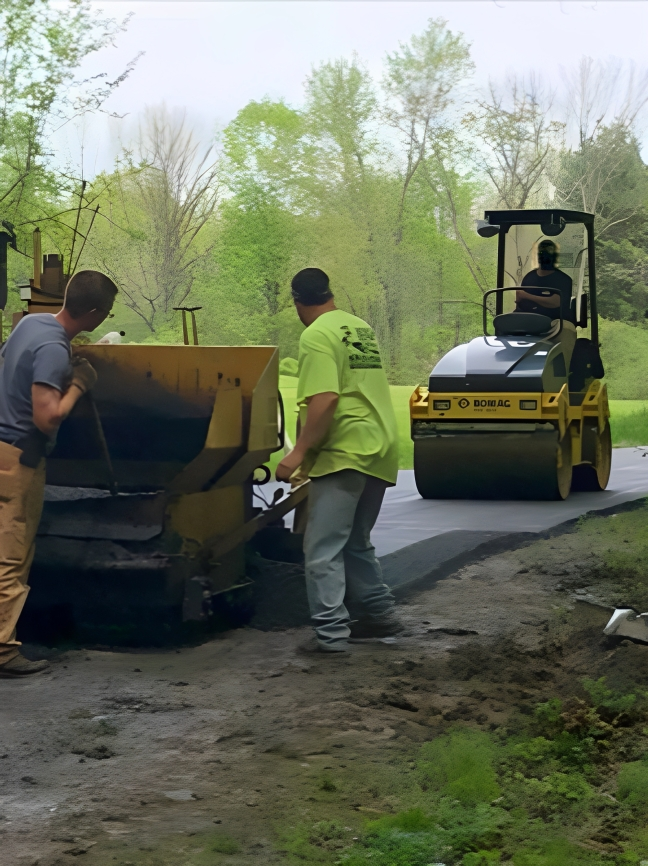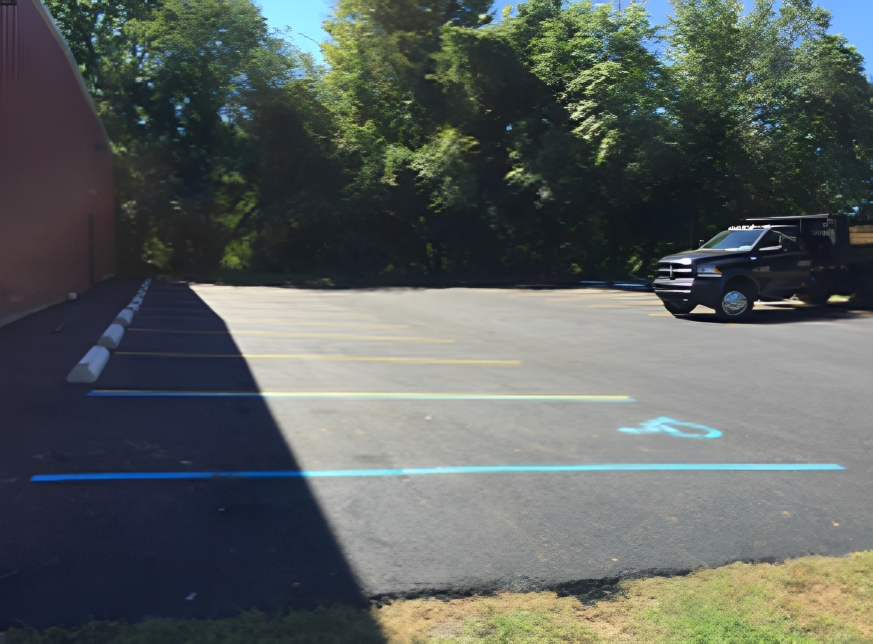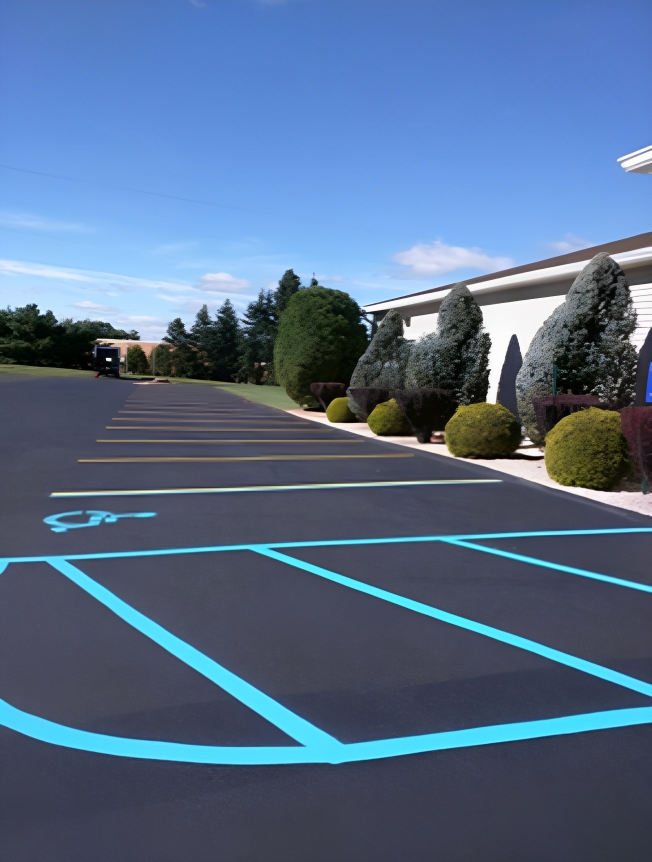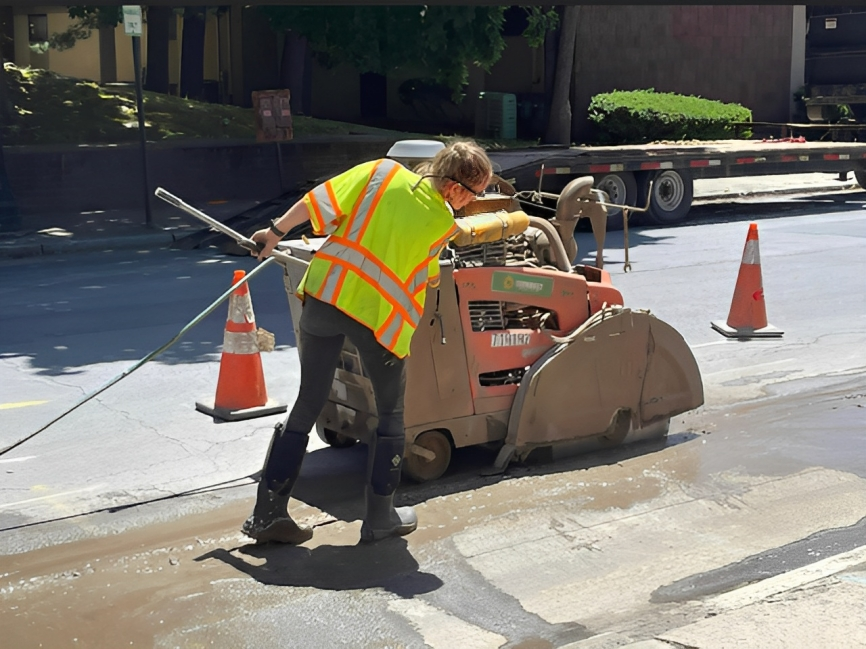Asphalt Recycling: A Sustainable Path Forward for Modern Infrastructure

In the fast-paced evolution of the construction sector, a significant shift towards sustainable practices is underway, with asphalt recycling at the forefront. This transformative approach not only breathes new life into reclaimed asphalt pavement (RAP) but also marks a pivotal step towards reducing our ecological footprint. Asphalt recycling emerges as a critical solution, addressing the urgent need for environmental conservation and resource efficiency in road construction and maintenance. Join us as we explore the compelling journey of asphalt recycling, a practice that not only promises a greener future but also showcases the construction industry's commitment to innovation and sustainability.
The Benefits of Asphalt Recycling
Asphalt recycling isn't just a nod to environmental sustainability; it's a multifaceted solution that brings tangible benefits to the table. Let's unpack these advantages:
Reduced Environmental Impact: The environmental benefits of asphalt recycling are profound. By reusing RAP, we significantly decrease the demand for new raw materials, conserving natural resources and reducing the energy consumption associated with their extraction and processing. This, in turn, lowers greenhouse gas emissions, contributing to the fight against climate change.
Lowered Costs: Financial implications are a critical aspect of any construction project. Asphalt recycling stands out by offering a cost-effective alternative to traditional methods. Using recycled materials can substantially reduce expenses related to material procurement and waste disposal, making it an economically attractive option for both private and public sector projects.
Decreased Landfill Waste: The construction industry is a major contributor to landfill waste. Recycling asphalt directly addresses this issue, diverting significant amounts of material from landfills. This not only helps in conserving landfill space but also reduces the environmental pollutants associated with landfilling.
Improved Performance: Contrary to some misconceptions, recycled asphalt can match or even exceed the quality and performance of traditional asphalt mixtures. Studies and real-world applications have demonstrated that RAP, when properly processed and mixed, can enhance the durability and longevity of pavements. This includes better resistance to rutting and cracking, ensuring roads are safer and more resilient.
In summary, the benefits of asphalt recycling extend beyond environmental considerations, offering cost savings, waste reduction, and improved material performance. These advantages make asphalt recycling a cornerstone in the pursuit of sustainable construction practices, aligning economic and environmental objectives in a way that benefits everyone.
The Asphalt Recycling Process
Delving into the asphalt recycling process reveals a meticulous and efficient method that transforms old, discarded pavements into valuable construction materials. Here's how it unfolds:
Reclamation: The journey begins with the collection of reclaimed asphalt pavement (RAP) from roads undergoing repairs or reconstruction. This initial step ensures that valuable materials, otherwise destined for landfills, are instead earmarked for a new lease on life.
Crushing and Screening: Once collected, the RAP undergoes a crucial transformation process. It is crushed and screened to remove any impurities and to achieve the desired aggregate size. This stage is pivotal in ensuring the quality and consistency of the recycled asphalt, making it suitable for creating new pavements.
Stockpiling: After processing, the crushed RAP is sorted and stored in stockpiles, ready to be reused. These stockpiles are managed carefully to prevent contamination and to maintain the quality of the material. The organized storage allows for easy access and efficient use of the recycled asphalt in future projects.
Reusing in New Mixes: The final step sees the prepared RAP integrated into new asphalt mixtures. Depending on specific project requirements and regulations, RAP can be used to replace a significant portion of the virgin materials traditionally used in asphalt production. This not only conserves resources but also reduces the environmental impact of the construction process.
Throughout these steps, technology plays a crucial role in enhancing the efficiency and effectiveness of asphalt recycling. Innovations in crushing and screening equipment, along with advanced mixing techniques, have made it possible to increase the use of RAP in new pavements, pushing the boundaries of sustainability in road construction.
The Future of Asphalt Recycling
As we look to the horizon, the future of asphalt recycling shines with promise and potential. Driven by technological advancements, environmental imperatives, and economic benefits, this practice is set to become even more prevalent and efficient. Here’s what we can anticipate:
Increased Recycling Rates: With continuous improvements in processing and separation technologies, the industry is poised to achieve higher recycling rates. This means a greater percentage of RAP can be reused in new asphalt mixtures, further diminishing the reliance on virgin materials. Enhanced quality control measures and more sophisticated recycling techniques will make this possible, paving the way for a more sustainable construction industry.
Improved Quality and Performance: The quest for better, more durable roads does not end. Ongoing research and development efforts are focused on optimizing the properties of recycled asphalt. By fine-tuning the composition and production processes, future asphalt mixtures will offer improved performance, including longer lifespan, better resistance to weather and traffic stresses, and reduced maintenance requirements.
Wider Adoption Across Projects: As the benefits and capabilities of asphalt recycling become more widely recognized, we can expect its adoption to spread across various types of construction projects. From major highways to local roads, the use of recycled asphalt will grow, supported by evolving guidelines and standards that encourage sustainable practices.
Regulatory and Policy Support: Governments and regulatory bodies are increasingly aware of the environmental and economic advantages of asphalt recycling. This awareness is translating into more supportive policies, regulations, and incentives designed to promote recycling in road construction. Such measures will play a crucial role in accelerating the adoption of asphalt recycling globally.
Global Innovation and Collaboration: The future will also see enhanced international cooperation and knowledge sharing in the field of asphalt recycling. Innovations developed in one part of the world will quickly find their way to others, driven by a shared commitment to environmental sustainability and resource efficiency.
Conclusion
Asphalt recycling marries innovation with environmental care, marking a significant shift towards sustainability in construction. It redefines waste as a valuable resource, reducing environmental impact, cutting costs, and improving road quality. This approach signals a broader move towards sustainable practices in the industry, highlighting the potential for change. With advancements in technology and supportive policies, asphalt recycling is poised for wider adoption, promising a future where construction aligns with global sustainability goals. This is not just about recycling asphalt; it's about paving a greener future for all.
For top-notch asphalt services in Jefferson Township, PA, and surrounding areas, NEPA Asphalt is the go-to choice. With a commitment to excellence and a comprehensive range of services from asphalt resurfacing to parking lot paving and excavation, they ensure your property's surfaces are durable and well-maintained. Their expert team prioritizes your needs, delivering results that not only meet but exceed expectations. Choose NEPA Asphalt for a free consultation and experience why they're the preferred asphalt service provider in the region.
Our Services
Contact Info
Phone: (570) 351-1568
Jefferson Township, PA
Business Hours:
- Mon - Fri
- -
- Sat - Sun
- Appointment Only
Emergency Services Available




